How outdoor adventurers and athletes can make a positive impact and advocate for the environment.
Here at Athletic Brewing, we are nuts for nature. We are cyclists, runners, hikers, obstacle course racers, and skiers. So in honor of Earth Day and our new Nature Nut beer ⎼ a collaboration with a our friends over at JUSTIN’s ⎼ we wanted to share how you, an outdoor enthusiast and fellow nature nut, can make a difference. As with all our brews, 2% of all Nature Nut purchases will go directly to our Two for the Trails program, with a matching contribution from JUSTIN’s and up to $10,000 in donations going to the Rocky Mountain Conservancy. So drink up, read on, and let’s make a difference for our favorite blue orb.
Talk to any avid outdoorsperson about how their experiences in the outdoors have changed over the years and you’ll hear stories about wildfires tearing through treasured wilderness areas, how the ski season has been getting noticeably shorter, or that there’s less fresh water on their favorite summer backpacking route. There’s a common thread to these stories, and that is one of change. Climate change.
The average surface temperature of the earth has increased by about 2.12°F over the last 40 years according to NASA reporting. We’re seeing more extreme weather, ocean acidification, and decreased snow cover. These are things that are happening within our lifetimes, and do affect the quality and enjoyment of our outdoor spaces. No matter what, tackling climate change should be at the top of all of our priority lists.
Being an advocate for our earth and taking action against climate change looks different for everyone. Some may decide to drive an electric car, while others make the choice to be vegan. Some of us are passionate recyclers and also ardently practice Leave No Trace. Maybe you go “plogging” (going on a run and simultaneously picking up trash) every week, or perhaps you’ve made a goal to make your household zero-waste.
We spoke with Zoë Rom, who holds a master’s degree in environmental journalism from University of Colorado Boulder and is the Associate Editor of Trail Runner magazine. Rom has made it her mission to spread awareness and educate people by way of the endurance sports we love so much, making climate action more accessible for the everyday adventurer. (Check out the newest Without Compromise podcast featuring Zoë Rom.)
Simple Actions That Make a Difference
Picking up trash, plogging, recycling… These are great activities that beautify the land and can make a difference within our local communities. However, looking at the bigger picture of climate change, these actions don’t have a huge impact on our current trajectory.
There are some simple steps that you can take to reduce your personal carbon footprint that don’t require a big change in lifestyle or major investment like installing solar on your house, driving an electric vehicle or going vegan. While Rom supports these adjustments, she is more likely to recommend actions that are accessible to everyone and don’t require a big leap.
Travel Less
“I'm a huge fan of embracing solutions that are accessible to people with varying degrees of financial resources and privilege,” says Rom, “and I think a big one is just traveling less.”
There was an estimated 10.3% drop in greenhouse gas emissions in the United States over the last year, simply because people were traveling less due to Covid-19. Ten percent may not sound like a lot, but that’s over 592 million metric tons of CO2-equivalent, a big drop.
If you do have to travel, Rom suggests purchasing carbon offsets that help balance out the impact of the CO2-e that is produced from traveling. They’re not expensive, either. “Offsetting the emissions for most domestic flights costs about the same amount as buying a sandwich and a latte at the airport, and that's for gold standard carbon offsets,” says Rom.
If you travel for work, pressure your employer to purchase carbon offsets. “Absolutely make them pay for it,” says Rom. “If they pay you mileage or per diem, try to include carbon offsets as part of that and pressure your employer to make that part standard practice.”
Reduce Food Waste
What we eat and how much of our food goes to waste can have a big impact on the earth. According to the World Wildlife Fund, it’s estimated that one third of the food in the world goes to waste, that’s about 1.3 billion tons. Food waste in the US generates as much greenhouse gas emissions as 37 million cars.
“I'm not comfortable telling people that they must go vegan tomorrow. I'm very comfortable telling them like you should absolutely stop throwing out food,” says Rom. “And that's also a social justice issue, that we inequitably distribute those resources and a lot of people of privilege end up throwing away food that would otherwise be eaten by people that need it.”
How do you minimize food waste? Suggestions include: only buying what you need at the store, freezing food that might go bad, using your leftovers (get creative!), and using overly ripe fruits and veggies in smoothies or baked goods. Dehydration is also an easy way to preserve fruits and veggies.
Go Plant Based
Another way to shrink your carbon footprint is to switch to a more plant-based diet. “I am not a fan of being overly prescriptive and telling people how to eat,” says Rom, “because that is something that is intrinsically tied to our cultural upbringing, or what kind of financial resources are available to us, where we live, how much money we make, and who we are, but definitely minimizing the amount of animal products that you consume is a really good way to shrink your personal carbon footprint.”
A study performed by Oxford University and published in the journal Science found that the meat and dairy industries use 83% of the farmland, yet only provides 18% of our calories. These industries produce more greenhouse gas emissions than cars, trains, and planes combined. According to Joseph Poore, who led the study at Oxford, “A vegan diet is probably the single biggest way to reduce your impact on planet Earth.”
The Ripple Effect
Your actions and decisions can influence those around you. If you pressure your company to start paying for carbon offsets, and that becomes normal for the entire company, you’ve just made a big impact. If you start riding your bike more instead of driving and that inspires others to do the same, you’re making a difference.
“A lot of us can really leverage our social and cultural capital to affect great change,” Rom says. “So any action that affects the actions of others is the best thing that you can do. Organize locally, join national organizations, and push for more systemic change rather than focusing on things that put the onus on the individual, like not using straws or taking short showers.”
Consider organizing an environmental action committee within your company to push for changes like purchasing carbon offsets within your company, and pressure those above you to set and stick to carbon neutrality goals.
Rom continues, “some actions matter more than others, and the actions with the most benefit are ones that involve others and seek to change systems that are drivers of the climate crisis”
Your Vote Matters
As outdoor enthusiasts, we frequently consider what we can do inside our respective sports that can create change, like utilizing reusable cups at your local trail race. While it makes sense to want to tie your actions directly to the sports you do, the single most important thing you can do for climate change is to vote.
“I would say that the majority of your financial time and emotional resources should be spent on trying to enact systemic change, which feels sometimes a lot less relevant to our daily lives,” she explains.
Voting may not feel like you're doing much because, let’s be fair, it doesn’t happen frequently. It’s not something we can do within our daily lives, so things like recycling, taking short showers, and not using straws feel more powerful. Rom thinks that individual action gets over prioritized. “A lot of the cultural messaging has always been to put the focus on what individuals can do so that we disempower people so that they don't become political actors. And they don't understand what their role in this system can be, because that's when it becomes really potent and powerful.”
Rom warns not to get distracted by individual action; “Don't recycle to the detriment of getting involved on your city council. Don't go vegan to the detriment of holding your politicians accountable for agriculture, emissions, unequal distribution, or subsidies.”
You don’t need to be politically savvy or an expert in order to be an informed voter. There are great resources online that can help you align your political choices with your climate change agenda. Protect Our Winters has a phenomenal resource that creates voting and issue guides so you can be well informed and form an opinion based on where you live and the policy agendas that feel most relevant to you. The League of Conservation Voters scores politicians based on how in line they are with conservation values, as well as other factors. The Sierra Club also releases voting guides around election time.
The Intersection of Environment and Racial Justice
Rom writes a lot about intersectional environmentalism, which looks at how environmental issues are also directly related to racial injustice. “You'll hear the idea that the environment is a neutral thing and cannot be racist, but unfortunately the systems that humans build and design are very, very racist,” she says. “If you look at where polluting infrastructure tends to be versus where outdoor recreation infrastructure tends to be, you get an horrible picture of American inequality.”
Money set aside for parks, tree plantings, and the things that mitigate climate change are typically distributed in wealthier, white communities, while the polluting infrastructure ⎼ like water treatment plants and waste management facilities ⎼ are primarily placed in Black, Latino, and Indigenous communities.
“We need to just be super honest and very open when we're making policies that address climate change,” says Rom, “that we do not unfairly burden communities of color with negative resource infrastructure, and we don't unfairly gift white communities with additional benefits of climate mitigation.”
These issues are very relevant to athletes, because getting anywhere in your sport probably means that you had good access to resources like clean air, clean water, and outdoor recreation infrastructure. “Things like plogging don’t have a lot of demonstrated positive effects on the lives of real human beings today,” Rom explains, “whereas things like augmenting outdoor recreation infrastructure in traditionally underserved communities does, shutting down oil refineries does, making sure pipelines don’t go through treatied lands and indigenous water sources does.”
These are the things that we can do today to make a difference. These actions won’t make things great in these communities, but they can be better than they are now. “We all breathe air and drink water, so it's good for everyone downstream as well,” she says.

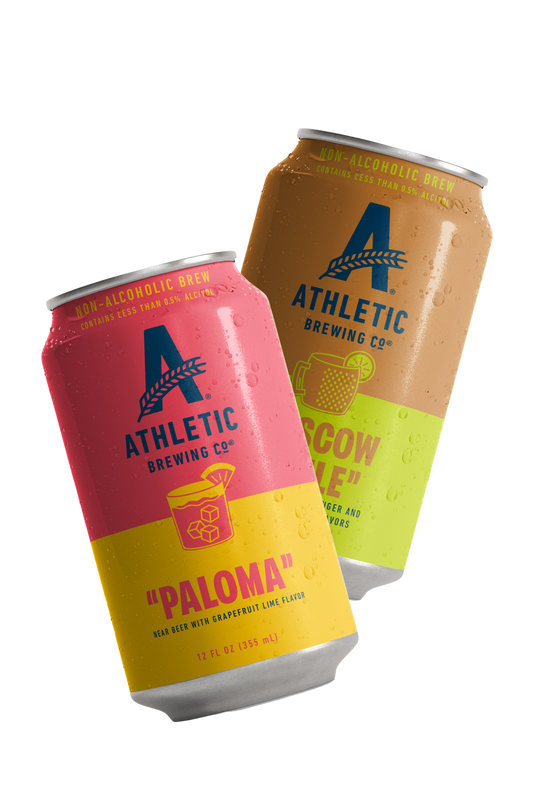
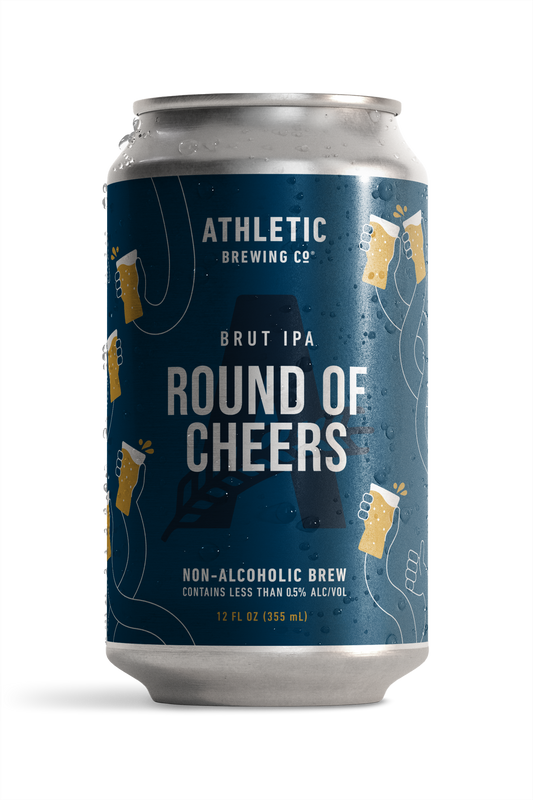
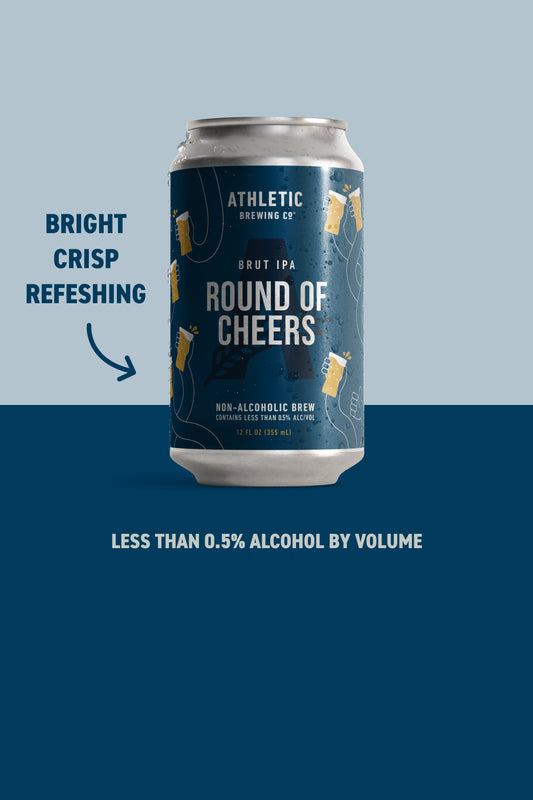


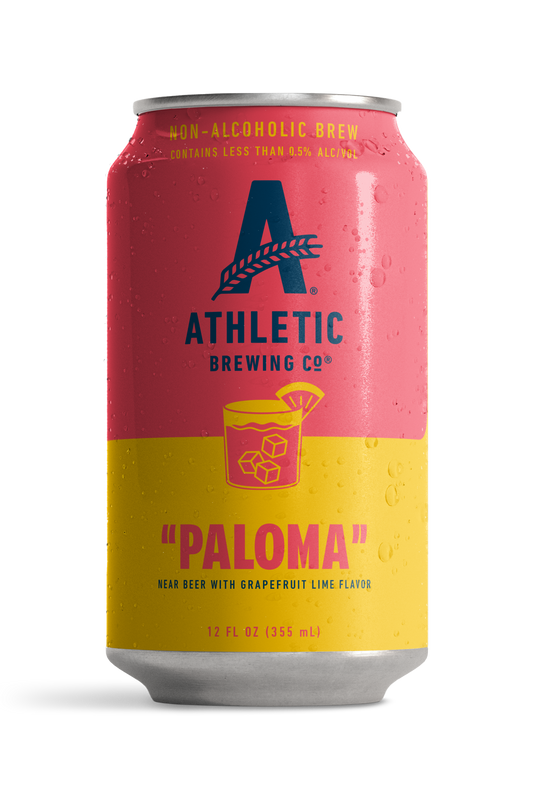
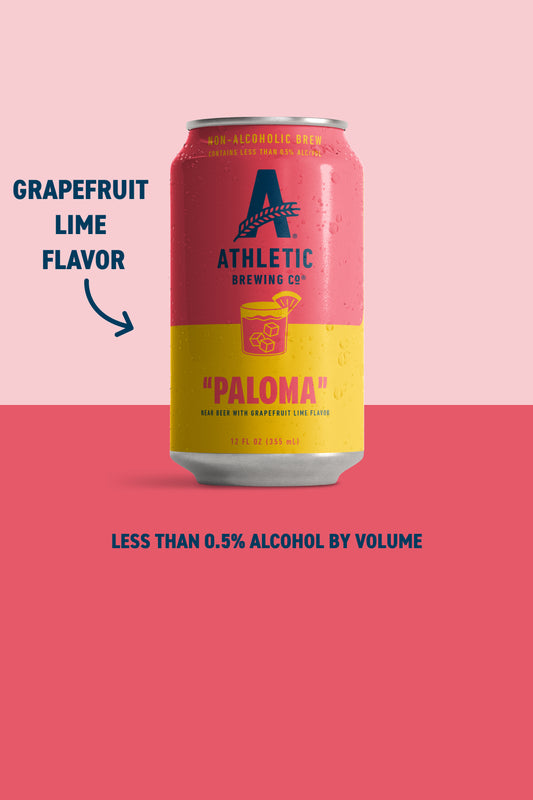
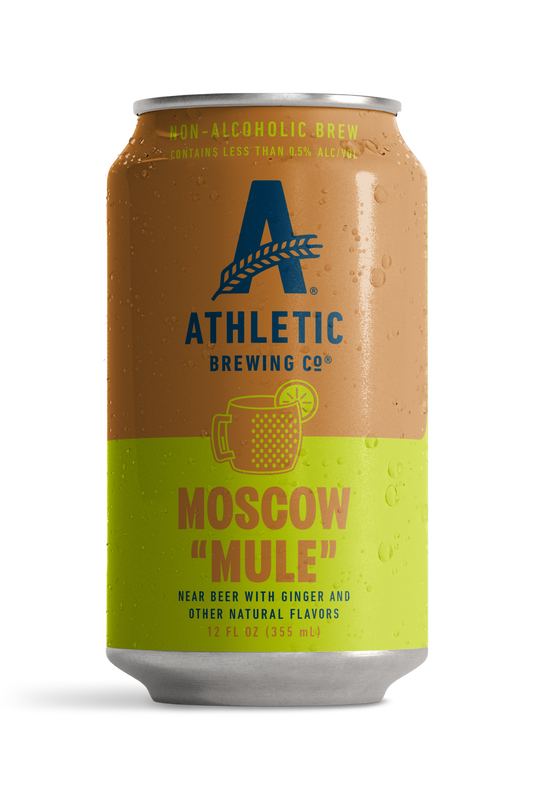
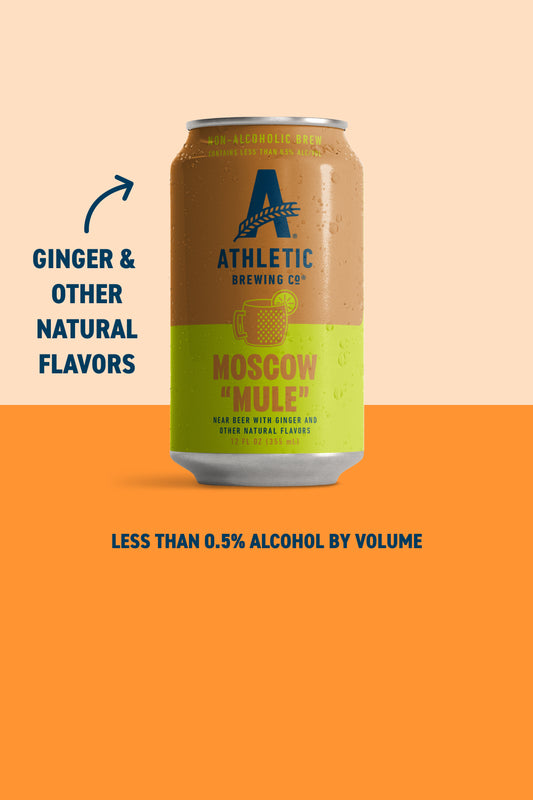
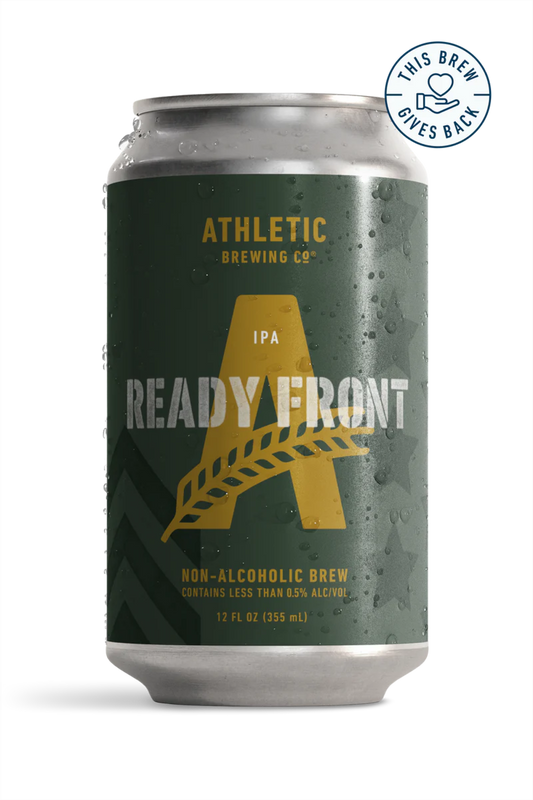
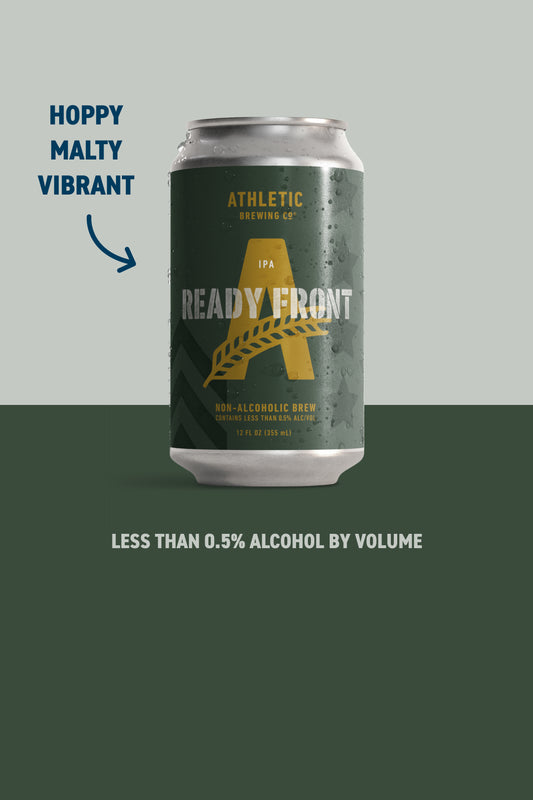
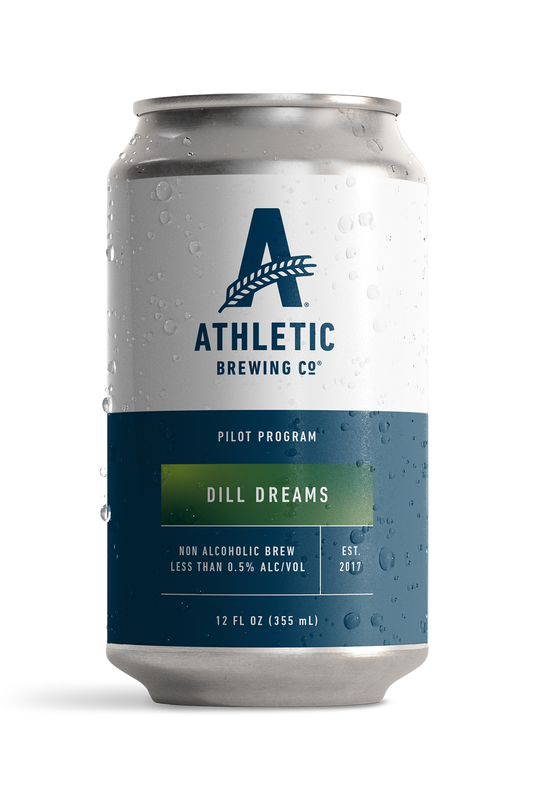

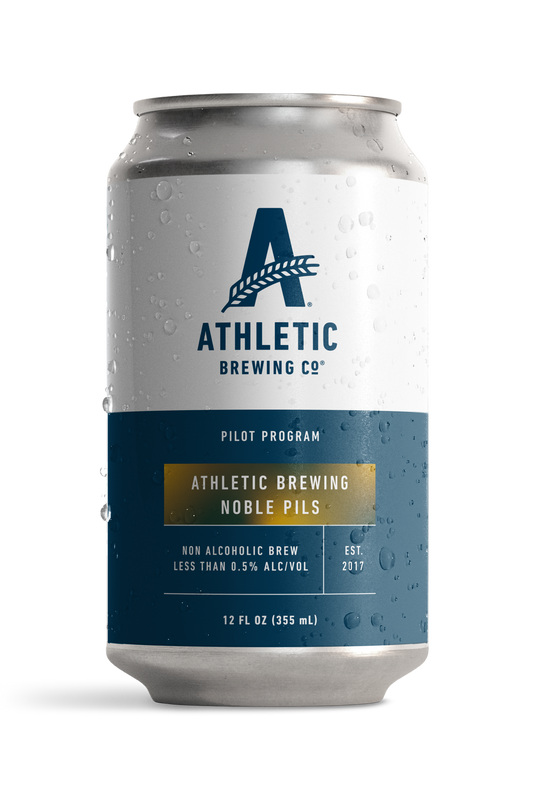
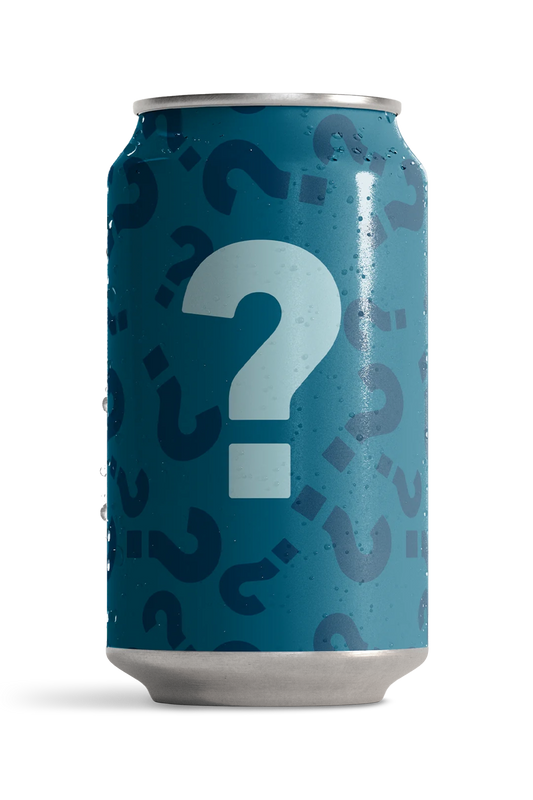

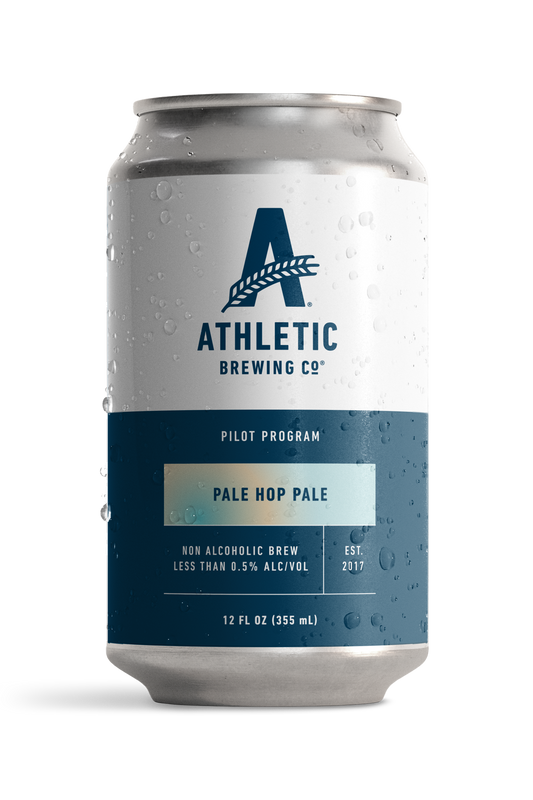











 Your Privacy Choices
Your Privacy Choices











